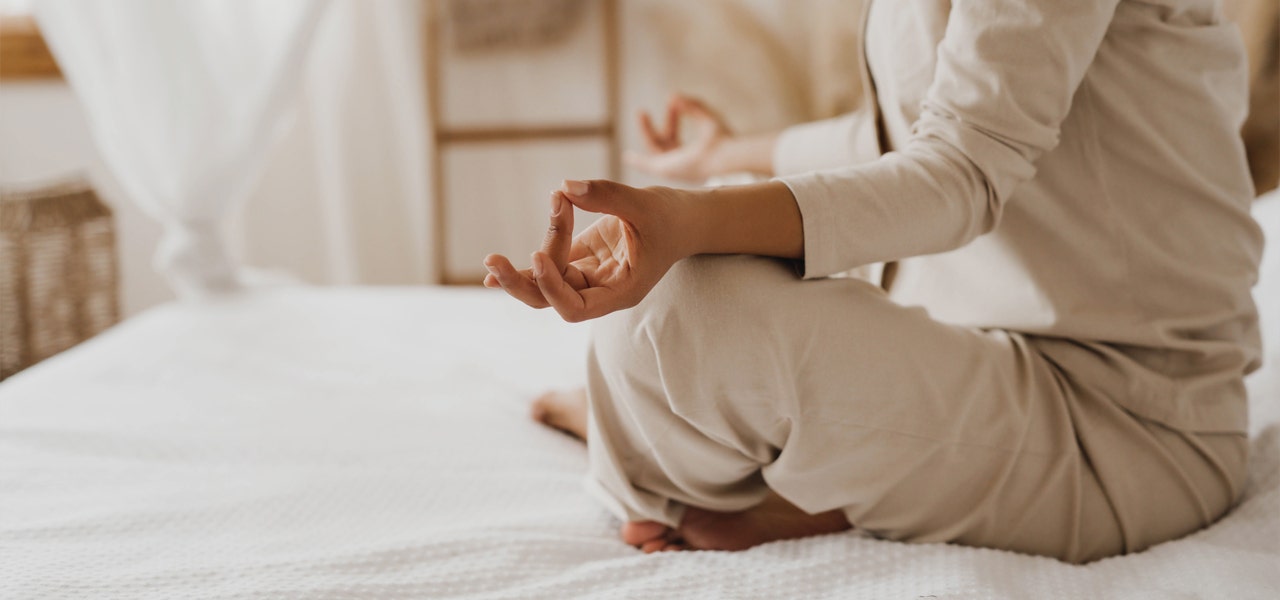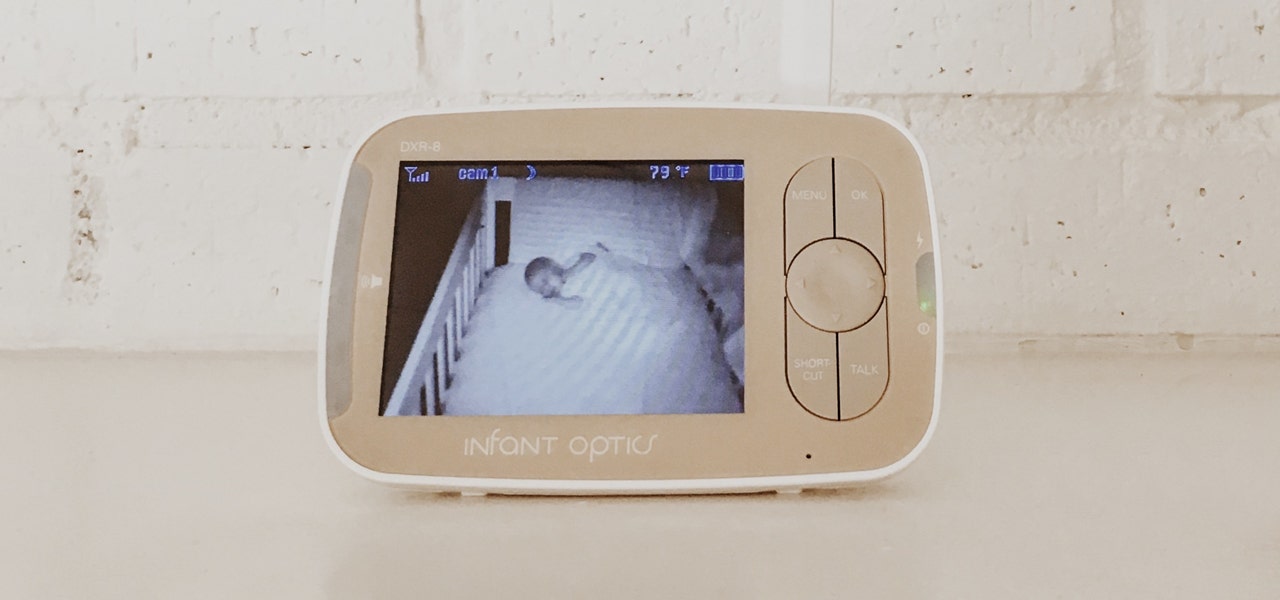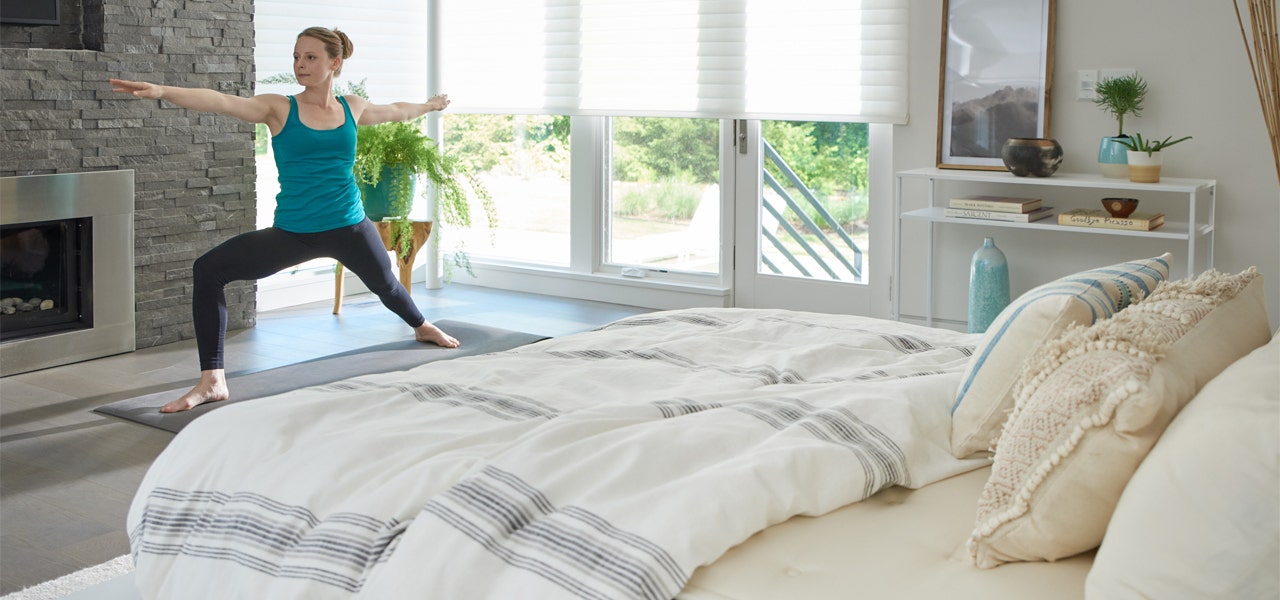Once you become a parent, you never take sleep for granted again. Ironically once you are a parent, it often becomes a lot harder to get quality sleep.
If you’re a parent of an infant, you’ve probably heard all of the well meaning advice on how to get sleep with a newborn … Sleep when the baby sleeps. Ignore the dishes and laundry. Ask for help.
This may help a little with the sleep deprivation that comes with a new baby, but it doesn’t work for everyone. Plus, it doesn’t necessarily help with the quality of sleep you’re getting. Also, don’t shoot the messenger, but falling asleep fast and well doesn’t always get easier as the kids get older.
Frequent interruptions, everyday worries and the habit many parents have of putting everyone else’s needs first can impede both the quality and quantity of your sleep. Let’s face it, the mental load of parenting can sometimes result in years of poor sleep – from the newborn days to the toddler days to the school years and beyond.
5 Ways to Help Yourself Fall Asleep Faster as a Parent
The good news is that there are some simple tactics you can try to help you, as a parent, fall asleep faster and better. As a sleep consultant, I’ve worked with a lot of sleep deprived parents over the years. Here are some techniques that many find helpful.
1. Avoid Food and Drink 2-3 Hours Before Bedtime


When we sleep, most of our body systems such as circulation, respiration and digestion slow down. Eating before bed will put food into your gastrointestinal tract right before that system slows down. This can lead to indigestion and/or interrupted sleep.
As parents, we often crave that moment when the kids are asleep to finally crash on the sofa, Netflix it up and have a snack. These habits can sabotage our sleep. Nix the snack.
2. Create a Cocoon
Tune into instagram and you’ll be bombarded with messages about self care. Often you’ll see a glass of wine or a mani/pedi, but true self care happens everyday and means doing something that’s good for your physical or mental health.
Putting effort into your sleep space and sleep habits is one of the best self care actions you can take on a daily basis. By creating an inviting, clean bedroom, you’re inviting yourself into sleep. Make your bed everyday so that it’s like unwrapping a present when it’s time to climb into bed at night. Invest in good quality mattresses, pillows, bedding and pajamas to set you up for the best sleep possible.


Free the room of distractions such as phones, tvs, bright lights ... and sometimes children. Create a space that you look forward to being in and that you only associate with sleep.
3. Help Your Brain Turn Off
Adults go through little “sleep regressions” just like our little people do. Whenever you hear the term “sleep regression,” think “growth and distraction.” Your child is growing physically or neurologically, which distracts them from falling asleep.
These sleep regressions don’t mean that your child can’t sleep; it just means that their brain is busy and distracted so it takes longer to fall asleep. The same is true for us as adults, except that the distractions can come in more complex forms such as worry, anxiety and the mental load of parenthood.


How can you help your brain turn off more quickly at night? Give yourself a bedtime routine just like you do for your little one. This might involve:
- Dimming the lights
- Playing soothing music
- Putting on comfy pajamas
- Brushing teeth
- Getting into bed
From there you might find reading light fiction helps turn your brain off. Other people find listening to meditation apps or white noise can be helpful to redirect a busy brain to something innocuous.
Another tactic includes making sure you have the first hour of your day planned out and prepared for. There’s nothing worse than getting up and being thrown into tasks and taking care of others. Can you address those tasks the night before? Set the coffee maker? Make the kids’ lunches, prep the breakfast or lay out clothes the night before? Plan to be up 30 minutes before the kids to quietly have a cup of coffee, do some stretching or even just lie in bed listening to a podcast before prioritizing others.
Other tactics for helping turn off your brain at bedtime include mindfulness exercises such as square breathing. In this exercise you visualize a square. You inhale or exhale for 4 seconds on each side of the square and, at every corner of the square, you hold your breath for 4 seconds. This helps by redirecting your brain away from worries to the thoughts of counting. Not unlike counting sheep.


This is a really simple but important tip for those struggling to sleep with a newborn. Parents, especially mothers, are instinctively tuned into every little noise, toot, burp and grunt their little ones make. Babies can be noisy sleepers!
After your baby reaches a certain age, it can be helpful to turn down the baby monitor so that the noises are not amplified. Placing the monitor face down on the nightstand can also help minimize lights and distractions that you are already overly tuned into. You will still hear the important calls for you, just not the noisy sleep noises that little people make.
4. Turn Down the Baby Monitor
5. Exercise, Exercise, Exercise
Like self care, a lot of parents are not making the time for the exercise they need. It goes without saying that it's well documented that exercise increases your sleep pressure or sleep drive and helps you fall asleep faster in the night. Give it a try. You’ll almost certainly feel better.
Just note that ideally you shouldn’t exercise within 2 hours of bedtime as it does take your body’s respiration rate time to return to baseline after exercise. Exercise does not have to be an intense hour of cardio. Even something as little as walking 20 minutes a day or trying some light yoga can help you fall asleep more quickly at night.


Summary
The mental load of parenting, all those never-ending tasks and the responsibility for keeping another human being alive can keep our brains busy and make it harder to turn off at bedtime. Avoiding food before bed, creating a dedicated sleep space, turning the monitor down, breathing exercises and exercise in general can be tactics to help you fall asleep faster. It’s worth a try, right? Sleep deprivation doesn’t have to be your only option.
 BABY
BABY  KIDS
KIDS  ADULT
ADULT  LEARN
LEARN  STORES
STORES 
